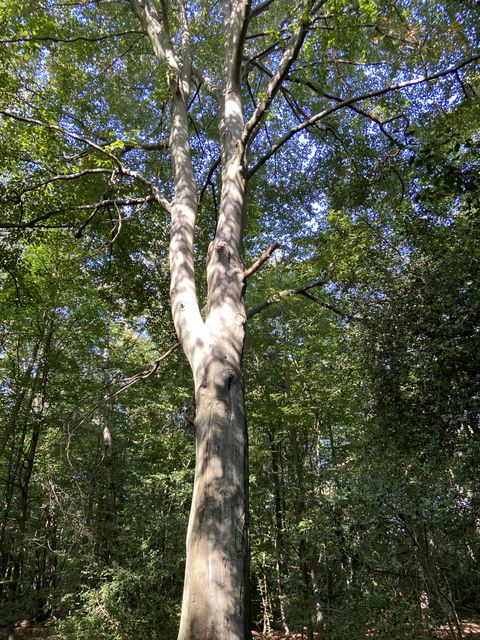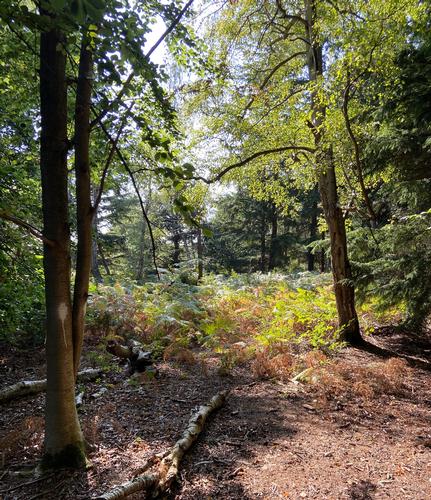Forest Bathing or “Shinrin-Yoku”
Forest bathing is the act of wondering in forests with the intention of focusing on the natural world around us. This meditative walk, looking at leaves and branches, listening to birds and other small animals, and acknowledging the fresh air, has been proven to be extremely beneficial to our health and wellbeing. Connecting with nature, helps us to open up our senses, to be happier, and more creative. The latest scientific reviews reveal a link between forest bathing and enhancing human spirituality.
In the last two years I have developed a passion for meditation of which I make time for every day. It is no secret these days, that meditation is overwhelming beneficial to human health. I am extremely lucky in that regard as my partner has dedicated over 30 years of his life to teach meditation and to explore many ancient philosophies and techniques. Two years ago I came a cross an article about Forest Bathing and started to explore the benefits of practising meditation not only indoors but also during my daily walks.
Forest bathing was first developed in Japan in the 1980s where after conducting different scientific experiments, it was acknowledged that walking around trees can bring many health benefits such as:
· It may reduce blood pressure; stress levels; fatigue, depression, anxiety and anger
· It may improve concentration and memory
· It may boost the immune system
· It may improve physical strength
Forest bathing which is particularly leisurely and potentially accessible activity could be used as a method to promote health and a potential universal health model to reduce the modern-day “stress-state” and “technostress” life, we live in.
Dr Qing Li writes in his book Forest Bathing: How Trees Can Help You Find Health and Happiness that “connecting with nature is simple, all we have to do is accept the invitation. Mother Nature does the rest”.
Forest Medicine is a new interdisciplinary science, belonging to the categories of alternative, environmental, and preventive medicine, all of which encompass the effects of forest environments on human health.

Bibliography
1. Nationaltrust.org.uk
2. Hansen MM, Jones R, Tocchini K. Shinrin-Yoke (Forest Bathing) and Nature Therapy: A State-of-the-Art Review. Int J Environ Res Public Healht. 2017; 14(8):851. Published 2017 Jul 28. Doi: 10.3390/ijerph14080851
3. Li Q. Effect of forest bathing (shinrin-yoku) on human health: A review of the literature. Sante Publique. 2019 May 13; S1(HS): 135-143. French. Doi: 10.3917/spub. 190.0135. PMID: 31210473.
4. Hansen MM, Jones R. The Interrelationship of Shinrin-Yoku and Spirituality: A Scoping Review. J Altern Complement Med. 2020 Sep 15. Doi: 10.1089/acm.2020.0193. Epub ahead of print. PMID: 32931299.
5. Ideno Y, Hayashi K, Abe Y, Ueda K, Iso H, Noda M, Lee JS, Suzuki S. Blood pressure-lowering effect of Shinrin-yoku (Forest bathing): a systemic review and meta-analysis. BMC Complement Altern Med. 2017 Aug 16: 17(1):409. Doi: 10.11886/s12906-017-1912-z. PMIDL 28814305; PMCID: PMC559777.

